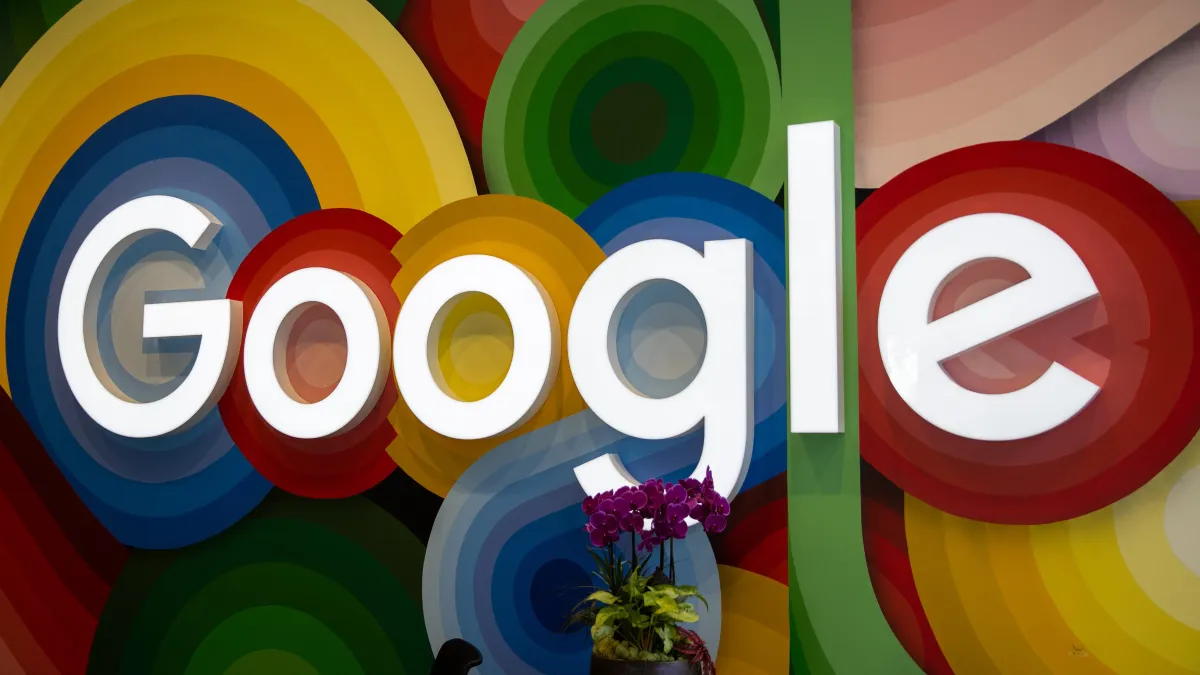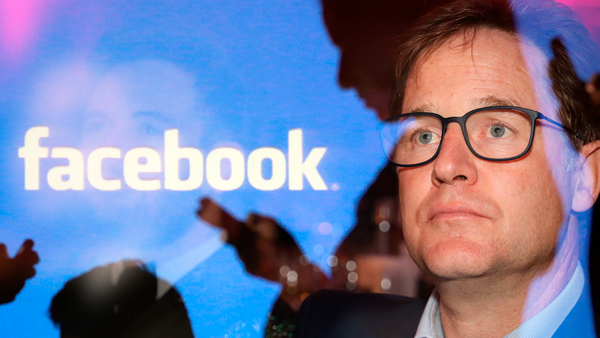DOJ pushes to break Google’s monopoly as historic antitrust trial begins

As the historic antitrust trial against Alphabet’s Google opened on April 21, 2025, a U.S. Department of Justice (DOJ) attorney argued that strong measures are needed to prevent the search giant from using its artificial intelligence products to maintain its dominance.
The DOJ is seeking an order for Google to sell its Chrome browser and to implement other measures to dismantle its established monopoly, in a case reminiscent of the breakups of AT&T and Standard Oil.
The remedies sought by the DOJ, alongside a coalition of state attorneys general, could fundamentally reshape the internet as we know it, with the DOJ arguing they are necessary to foster competition.
The need for such measures is particularly acute now, the DOJ argued, as search technology increasingly converges with generative AI products like ChatGPT.
“Now is the time to tell Google and all other monopolists… that there are consequences when you break the antitrust laws,” said DOJ attorney David Dahlquist, according to a report from Reuters.
The case has already revealed that Google has been paying Samsung to install its Gemini AI app on its devices. That deal is believed to run until at least 2028, with Google paying an “enormous sum” for the privilege, according to reports.
U.S. District Judge Amit Mehta previously ruled that Google’s exclusive agreements with device manufacturers to make Google the default search engine had contributed to its monopoly.
Google’s lawyer, John Schmidtlein, argued that the DOJ’s proposals are a “wishlist for competitors” who want to benefit from Google’s innovations. He contended that Google’s AI products fall outside the scope of this case and that the remedies sought by the DOJ could harm American innovation.
The DOJ’s proposals include ending exclusive agreements with device makers like Apple. If that doesn’t improve competition, the DOJ has also suggested forcing Google to sell its Android operating system.
Google argued that such actions would lead to higher costs for smartphones and threaten companies like Mozilla that rely on revenue from these agreements, and it has further contended that selling off Chrome would do little to restore competition.
The case is part of a broader antitrust crackdown on Big Tech that began during the Trump administration and has continued under President Biden, with Assistant Attorney General Gail Slater reaffirming bipartisan support for the DOJ’s efforts.




